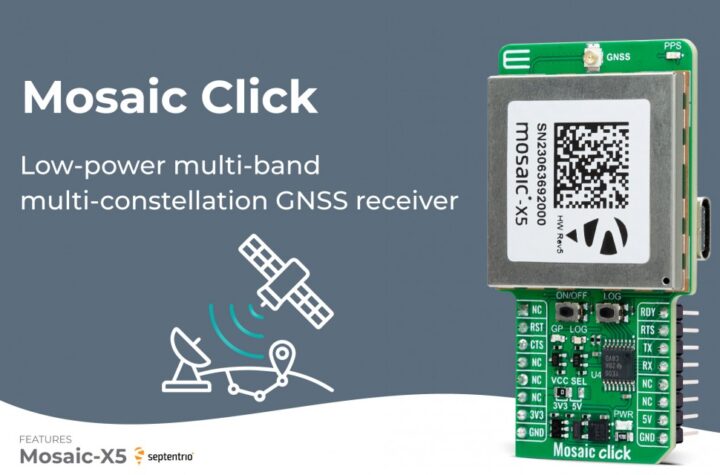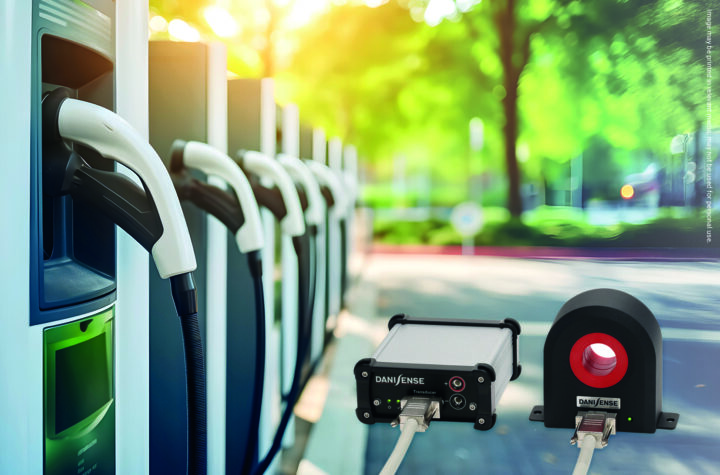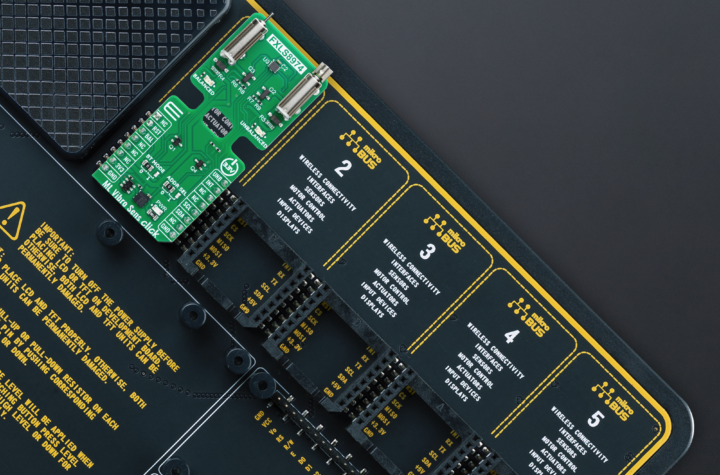
In advance of President Obama’s trip to Asia, the AmericanAutomotive Policy Council today presented 2013 automotive export datawhich shows that for the fourth year in a row, the automotive sector wasAmerica’s leading export sector.
According to the U.S. Department of Commerce, the U.S.automotive industry was the largest U.S. export sector lastyear, exporting $138.6 billion worth of vehicles and parts, up 4.4percent from the $132.7 billion in 2012 and out-exporting the petroleumand aerospace industries. The increase in exports mirrored broaderpositive economic news as a record $2.3 trillion worth of products and serviceswere exported from the United States in 2013.
“As President Obama prepares to meet with Asian tradingpartners, we are highlighting the contributions of American automakers to theU.S. economy,†said Matt Blunt, President of the American Automotive PolicyCouncil. “In 2013, the U.S. automotive industry continued to create jobsand economic opportunity across the nation. That is why it is critical thatPresident Obama fight for market access and currency disciplines in theTrans-Pacific Partnership.”
Governor Blunt noted the importance of establishing equitabletrade pacts if American exports are to continue their growth.
“While auto exports were healthy againlast year, some of America’s trading partners worked to keep their marketsclosed to our products,” said Blunt. “Despite Japan having a zerotariff on autos, the auto sector accounted for $49.8 billion of the $67.4billion U.S. trade deficit with Japan. Japan’s continued refusal to allowAmerican automakers to fully participate in its domestic auto market isresponsible for the startling imbalance. In fact, as the result of Japan’sclosed auto market, Japan sells as many vehicles in the U.S. in one day as wedo in Japan in one year. American automakers are not the only ones who facethese barriers. Cars and trucks from other Asian nations and Europe face thesame limits to accessing Japan’s auto market.â€
As negotiators from the United States, Japan and othernations work to finalize the Trans-Pacific Partnership, GovernorBlunt said it is essential that non-tariff barriers to U.S.auto exports are eliminated and strong and enforceable currencymanipulation disciplines are included in the agreement.
“If TPP is going to live up to its goal as ahigh-standard, 21st century agreement, then nations like Japan need to open upand play by the rules,” Blunt said.
The American Automotive Policy Council, Inc. (AAPC) is aWashington, D.C. association that represents the common public policy interestsof its member companies Chrysler Group LLC, Ford Motor Company and GeneralMotors Company.














More Stories
Mosaic Click board from MIKROE delivers global coverage multi-band and multi-constellation tracking ability
Current transducer from Danisense selected for DC charging station testing device demonstrator at TU Graz
New Click board from MIKROE helps develop and train ML models for vibration analysis